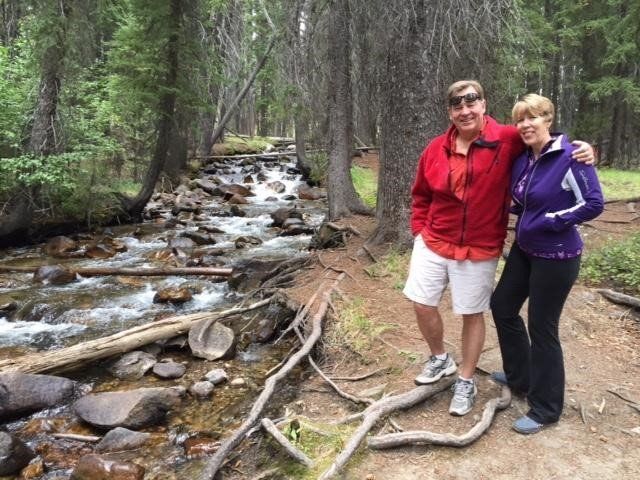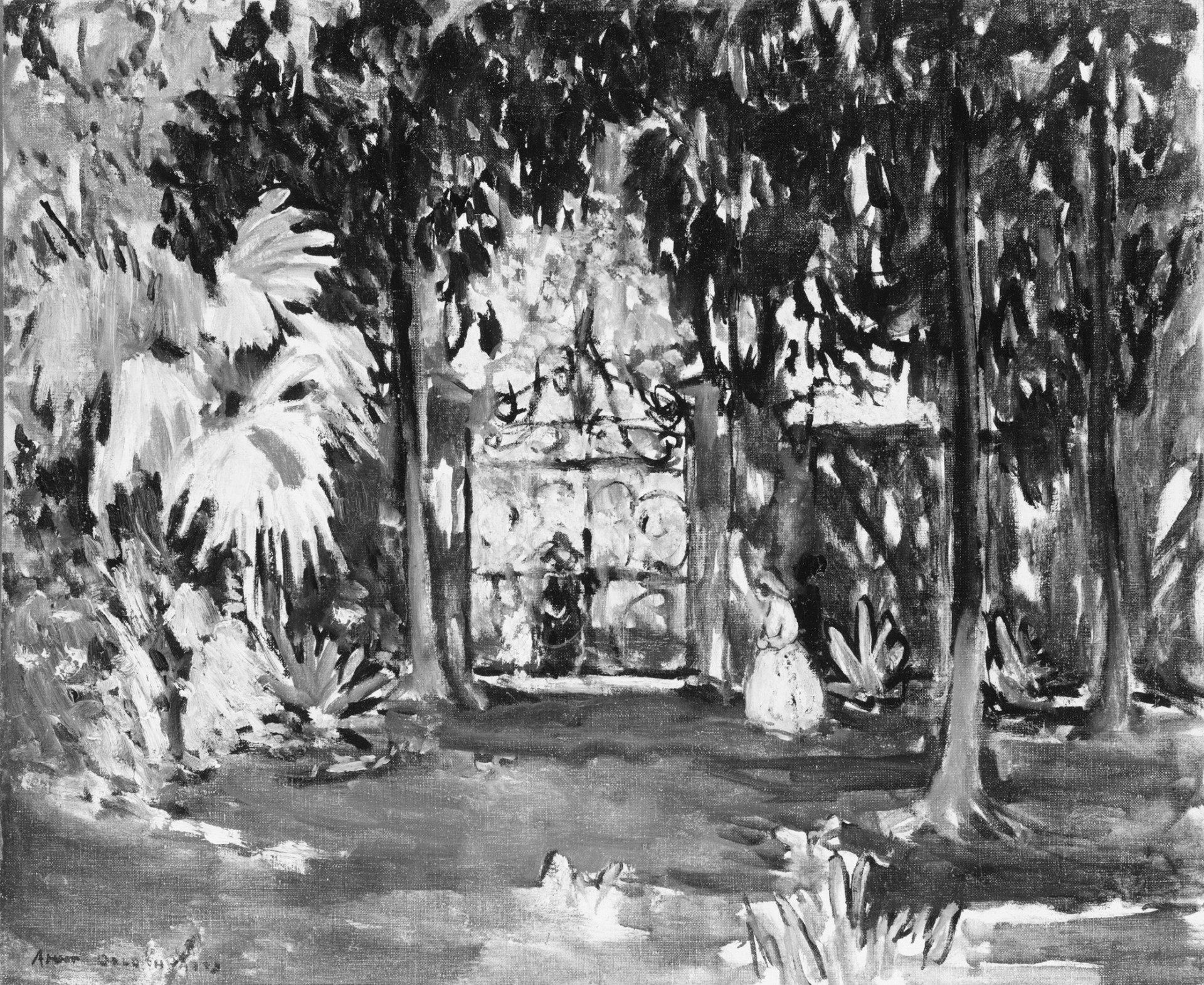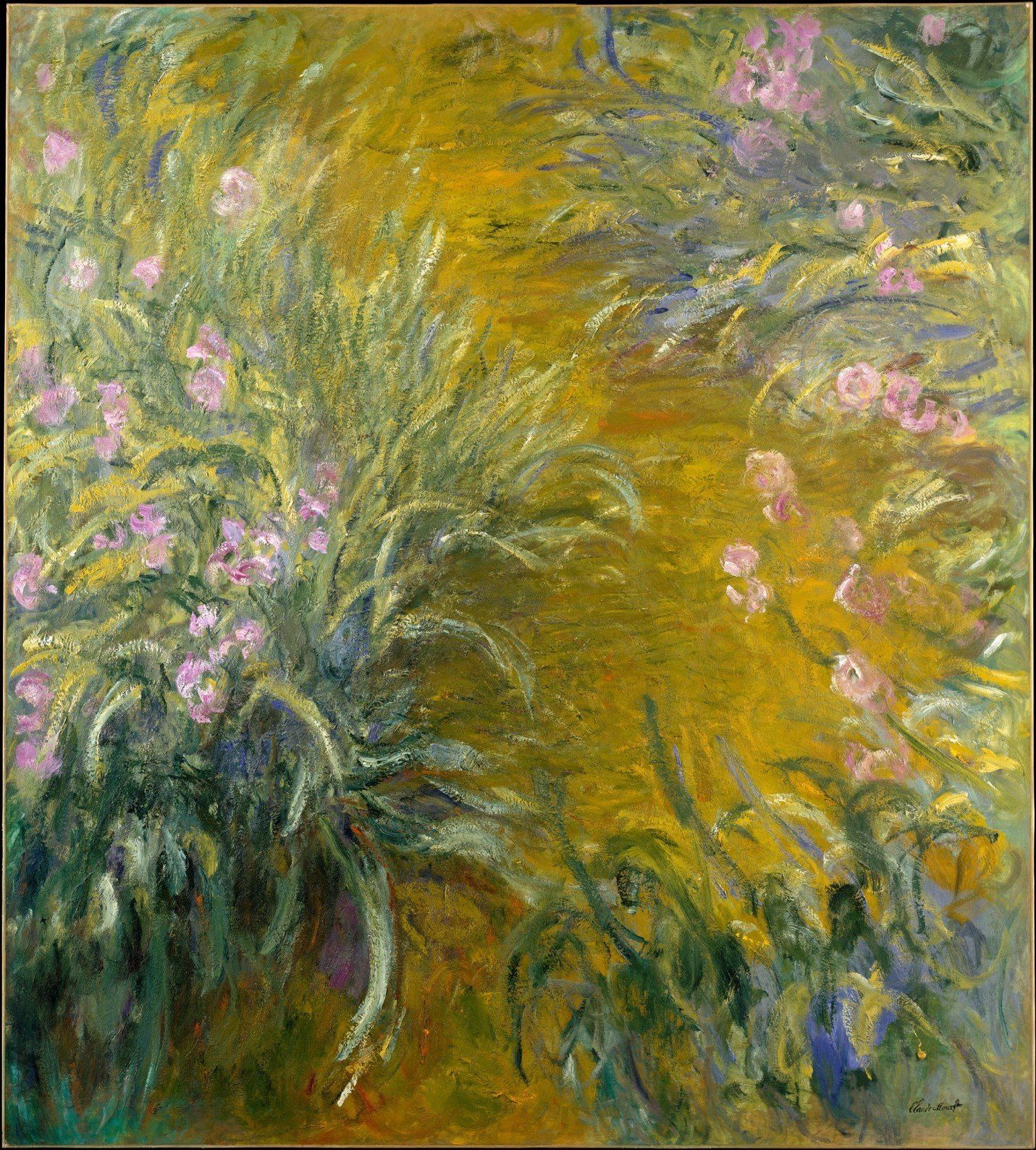Profound Lives, Hidden Gardens
Introducing Kelly Anderson
Introducing Kelly Anderson
by Michael Kroth
With her first essay, Kelly becomes our second regular contributor to Profound Living. When you read her description of Hidden Gardens
I think you will see why I asked her if she would be willing to share a piece with us once a month. She is very modest, as you will see in her introduction, which belies her varied talents and successful career, which you will get to know more about over time. She was a student who has become a friend since, to my good fortune.
One item I want to be sure to highlight (that she didn't...) is that she has written her first book,
No One Fights Alone: The Steve-O Stories.
As I wrote elsewhere about this book, “Written with deep affection and grace, it's a story of courage, strength, community, spirit, and mostly the exuberant love of life, under-girded by a deep faith in God. Steve Andrews, nothin' but a beautiful life stretching before him and his family, diagnosed with cancer at age 51. This is his story. We should try to live each day they way Steve-O lived his last days. Beautifully chronicled, with care.”
Learn more about Kelly on our Contributors Page. Now, here is “Profound Lives, Hidden Gardens”.
"Profound Lives, Hidden Gardens"
By Kelly Anderson
Springtime in Charleston, South Carolina is glorious. The trees and shrubs burst in a riot of color. Intoxicating fragrance and birdsong fill the air and mingle with the sun’s warmth to make hearts soar.
Several years ago, during this magical time of year, I spent a long weekend in Charleston. I ate legendary meals of brisket, pulled pork, She-crab soup, and biscuits. I visited famous sites with throngs of other tourists - places like the City Market, Fort Sumter, Rainbow Row. And I strolled along the seawall promenade and the tree-lined streets of the historic residential districts.
The walks I took, past majestic mansions and charming, humble cottages, were the highlight of my visit. And interestingly, it wasn’t the things I saw that stole my attention. While the grand entrances, ancient trees, manicured lawns, and salt water taffy colors of the old homes were spectacular, the things that drew me in were the things I couldn’t quite see. As I wandered down the streets, it was the hint of hidden gardens that caused me to pause.
As I passed by, an occasional home would tease me with the tiniest promise of a private sanctuary. The sound of water flowing, the narrow glimpse of an azalea blossom, the wafting scent of gardenia, or a winding path leading through a side yard and disappearing under a low-hanging branch would halt my progress. I lingered at each inviting threshold, straining for a peek at what was hidden around the corner. Wrought iron gates and propriety kept me from invading the homeowner’s personal space, so I was left with the small bits I could see, hear, and smell, and the images conjured by my mind.
Years later, I still carry memories of the wonders that filled my senses. And I’ve worked to create my own backyard sanctuary from the remaining snippets of sights, sounds, fragrances, and the gardens of my imagination. Of course the garden I’ve grown is unique, and all my own. The sandy soil, minimal rainfall, and extreme temperatures of my Boise, Idaho home make it impossible to create a Charleston garden. And it’s not really a copy of my imagined sanctuaries I seek, but rather the essence. A place of calm. A space for meditation. An inviting, shady spot for lazy afternoon reading and gatherings of family and friends.
Now, as I follow Michael Kroth on this journey of exploration into profound living, my Charleston experience and resulting garden provide a wonderful insight. I recognize that, no matter how grand or humble the outward signs of a person’s life, it’s the hint of hidden depth, awe, and wonder which intrigues me. The life I cultivate will be uniquely my own, but the small signs of profound living I see in others spark my imagination and reveal possibilities. Just as the lovely, peaceful gardens of Charleston were hidden from my view, so are the full depths of the profound lives I encounter. I am drawn to those who reveal just a hint of what I seek. I observe and borrow from those tiny glimpses of significance and meaning in lives well-lived, and I rewrite them in my own way, with my own style, to nurture my own profound life.













